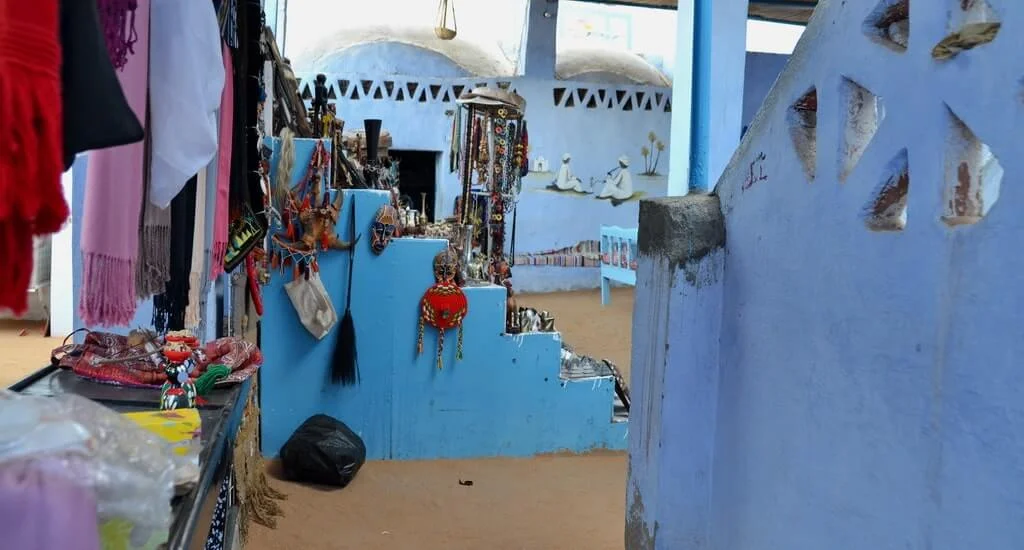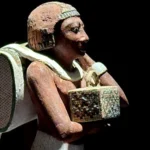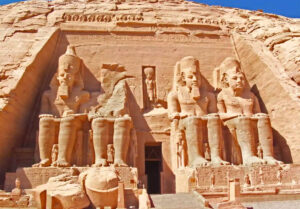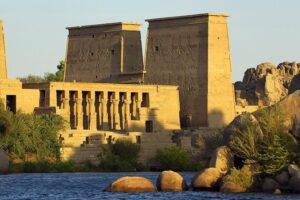A Millennia-Old Bond: The Nubian People in Egypt
Nubian people in Egypt are a genuine part of the Egyptian community. Nubian people have always formed a strong part of the Egyptian civilization. It is a story of trade, conflict, and, most importantly, deep cultural exchange. Nubians have been an integral part of Egypt’s history and its contemporary society. Their heritage is a testament to the complex and interconnected history of the Nile Valley.
The Historical Relationship Between Egypt and Nubia
Nubia, a region straddling modern-day southern Egypt and northern Sudan, was a powerful civilization in its own right. The ancient Egyptians referred to it as “Ta-Seti” or “The Land of the Bow,” in reference to the skill of Nubian archers. This historical relationship was dynamic, marked by both periods of war and mutual influence.
- Trade and Resources: Nubia was a key source of gold, ebony, ivory, and other valuable goods that were essential to the Egyptian economy. This trade route was a primary driver of contact between the two cultures.
- Conflict and Control: Egyptian pharaohs, particularly during the New Kingdom, often exerted control over parts of Nubia. They built temples and fortresses there to secure trade routes and resources. However, Nubian resistance was strong, and they were never fully assimilated.
- The Kushite Dynasty: This period stands out as the most significant example of Nubian influence on Egypt. In the 8th century BCE, the Nubian pharaohs of the 25th Dynasty from the kingdom of Kush ruled over a unified Egypt. They saw themselves as the true guardians of ancient Egyptian traditions. These Black Egyptian people restored many temples and revived religious practices that had fallen into disuse.
The Nubian Identity in Modern Egypt
Today, the Nubian community in Egypt lives primarily in the southern regions of Aswan. Their identity is a rich blend of ancient heritage and modern Egyptian life.
Nubian Culture and Traditions: Nubian culture:
It is vibrant and distinct. Their music is famous for its lively rhythms, often featuring the tar and oud. Their colorful houses, adorned with geometric patterns and symbolic paintings, are a hallmark of their villages. Hospitality is a cornerstone of Nubian traditions, and visitors are often welcomed with sweet tea and homemade bread.
The Nubian Language: Nubian language:
It is not a single dialect but a group of languages, including Kenzi and Fadija. It is a non-Arabic language and a crucial part of Nubian identity. While many Nubians also speak Arabic, they actively work to preserve their native tongue, which they pass down through generations.
The Impact of the Aswan High Dam:
The construction of the Aswan High Dam in the 1960s had a profound impact on the Nubian people. Their ancestral lands and villages were flooded by Lake Nasser. This forced thousands of Nubian families to relocate, a displacement that continues to shape their community today.
Nubian Influence on Egypt’s Cultural Fabric
The influence of Nubian culture on Egypt is extensive. It demonstrates a long history of interconnectedness rather than simple domination.
- Architecture and Art: The architectural style of the Kushite pharaohs, for instance, influenced temple construction in Egypt. Nubian artisans’ skill in jewelry and pottery made them highly sought after, and Egyptians incorporated their designs into Egyptian art.
- Religious Syncretism: Throughout history, Egyptians and Nubians often syncretized their gods. For example, the Egyptian god Amun became a primary deity in Nubia. Similarly, Egyptians sometimes worshipped Nubian deities.
- People and Heritage: For millennia, Nubian people have lived and worked alongside Egyptians, contributing to the nation’s military, economy, and culture. The term “Black Egyptian people” often refers to the Nubian community in Egypt, acknowledging their distinct identity within the broader Egyptian populace.
- The Legacy of a Shared History
The legacy of the Nubian people in Egypt is a powerful example of cultural resilience and deep historical ties. Their traditions, language, and influence are a vital part of Egypt’s heritage. The study of Nubia’s history and its relationship with Egypt provides a more complete understanding of one of the world’s oldest and most influential regions.











